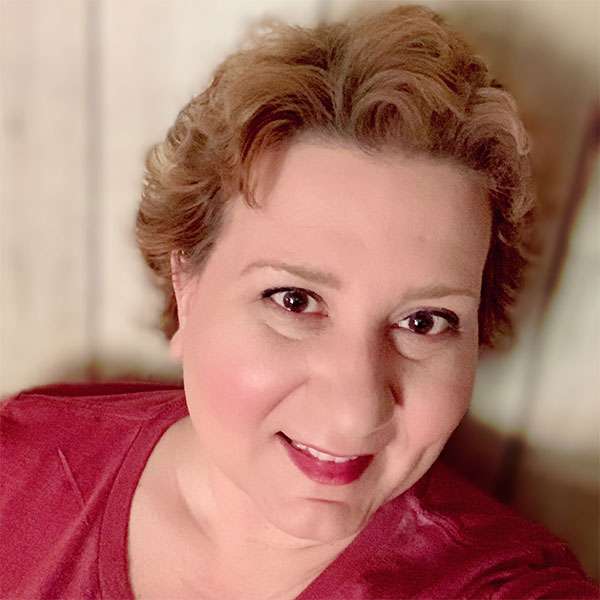I’ve been thinking about what it means to be mindful lately. There’s a lot of stuff going around about self-help, living in the present, living mindfully, etc. It’s hard to really get through a lot of the stuff I see, especially on social media! If I had a dollar for every ad I see for a mediation app, self-help app, journal app- let’s just say I wouldn’t need money anytime soon…
Being mindful isn’t a new idea for me, but I think how I approach being mindful changes at different periods of my life, as it should, even though the core concept of it remains the same. I would venture to say it’s like that for you, too. So, what exactly IS mindfulness, and HOW do we live in the present?
According to the online Lexico Dictionary, powered by Oxford, Mindfulness is:
a mental state achieved by focusing one’s awareness on the present moment, while calmly acknowledging and accepting one’s feelings, thoughts, and bodily sensations, used as a therapeutic technique.
While Greater Goods Magazine, produced out of Berkley in CA defines it as:
maintaining a moment-by-moment awareness of our thoughts, feelings, bodily sensations, and surrounding environment, through a gentle, nurturing lens. … When we practice mindfulness, our thoughts tune into what we’re sensing in the present moment rather than rehashing the past or imagining the future.
So, pretty similar answers…Now, what ISN’T considered to be Mindfulness:
It’s not some magical device to help you forget your troubles. It’s certainly not an excuse to yell YOLO, and make rash decisions on the spur of the moment, and it’s not some hippie philosophy that means you should be happy all the time. Being mindful means to accept the feelings that come with a given situation, and to acknowledge them in the NOW, rather than to keep thinking about the past (like what would have or could have) and worrying about the future (what WILL). It’s a daily practice, for me at least, because I think a lot of us have been conditioned to think things like, “If I did this differently,” or, “OMG, WHAT is going to happen because of this” and so on. Sure, there is a general cause and effect in life- if you do this, then this will happen, etc., but to be mindful lets you live in a more gentle, nurturing way, with more peace and less crappiness (is that even a word?!).
We’ve all been hit with some serious shit at some point or points in our lives- looking back, do you think you could have handled things in a different way? Did you learn how to think differently from going through said shit? If your answer is YES to either question, then you’ve naturally leaned toward practicing mindfulness. Of course, there so much more to the practice of mindfulness, and that’s an important word, practice- because you have to make the effort to commit to a healthier way of thinking and experiencing- but starting the process is a first step to approaching a different way of thinking and living. It takes work, but eventually it will become your default way of thinking.
Throughout history, we see writings by significant people who talk about living for today, or being in the present- and for good reason- it’s how people have gotten through life since the beginning of time. Here are a few examples of living through mindfulness that I like to learn from:
The Carmelite Monastery in Lisieux observes silence in order for the sisters to remain prayerful. The convent lifted this observance for a free day on June 1, 1894. To celebrate this occasion, St. Therese wrote this poem. Here are two stanzas, the first and the third:
My Song for Today
My life is but an instant, a passing hour.
My life is but a day that escapes and flies away.
O, my God! You know that to love you on earth
I only have today!
Lord, what does it matter if the future is gloomy?
To pray for tomorrow, oh no, I cannot!
Keep my heart pure, cover me with your shadow
Just for today.
The Dalai Lama give us a few gems to ponder:
“Time passes unhindered. When we make mistakes, we cannot turn the clock back and try again. All we can do is use the present well.”
“What surprises me most is “Man”, because he sacrifices his health in order to make money. Then he sacrifices money to recuperate his health. And then he is so anxious about the future that he doesn’t enjoy the present; The result being he doesn’t live in the present or the future; He lives as if he’s never going to die, and then he dies having never really lived.”
“Generally speaking, our mind is predominantly directed towards external objects. Our attention follows after the sense experiences. It remains at a predominantly sensory and conceptual level. In other words, normally our awareness is directed towards physical sensory experiences and mental concepts. But in this exercise, what you should do is to withdraw your mind inward; don’t let it chase after or pay attention to sensory objects. At the same time, don’t allow it to be so totally withdrawn that there is a kind of dullness or lack of mindfulness. You should maintain a very full state of alertness and mindfulness, and then try to see the natural state of your consciousness—a state in which your consciousness is not afflicted by thoughts of the past, the things that have happened, your memories and remembrances; nor is it afflicted by thoughts of the future, like your future plans, anticipations, fears, and hopes. But rather, try to remain in a natural and neutral state.”
And finally, we come to Jonathan Larson, who gives me the title for this blog. He was on to something when he wrote the lyrics to this famous song from the equally famous musical:
RENT- No Day But Today
The heart may freeze or it can burn
The pain will ease if I can learn
There is no future
There is no past
I live each moment as my last
There’s only us
There’s only this
Forget regret– or life is yours to miss.
No other road
No other way
No day but today
You may determine that mindfulness isn’t for you for whatever reason. That’s perfectly OK. It’s not the only way to help yourself (refer yourselves to the endless self-help apps mentioned above), but it’s really been helping me, and, well, as they say- Sharing is caring! You could always try it, and take Cookie Monster’s advice:

Love to each of you- be good to each other.

Jennifer Angarano Ricci is a wife, mother & creative soul-searcher. She is a musician, artist, and baker, and runs her home business Baked By Jen, in addition to running her local community theater group. She loves to sing, create and help others and tries to connect all three passions whenever possible.
